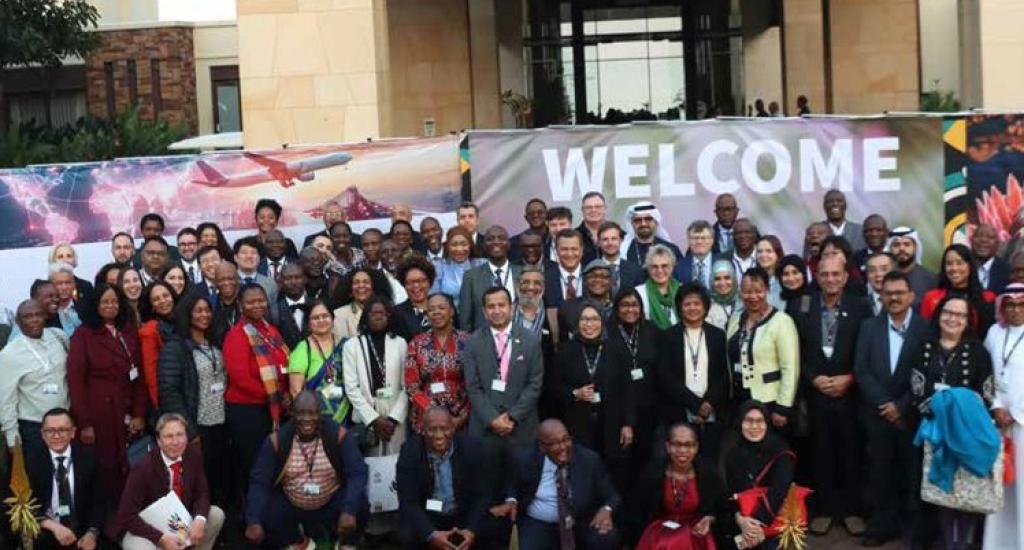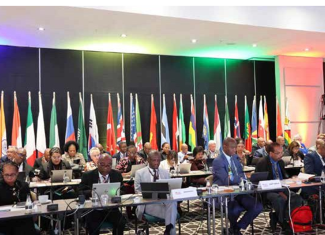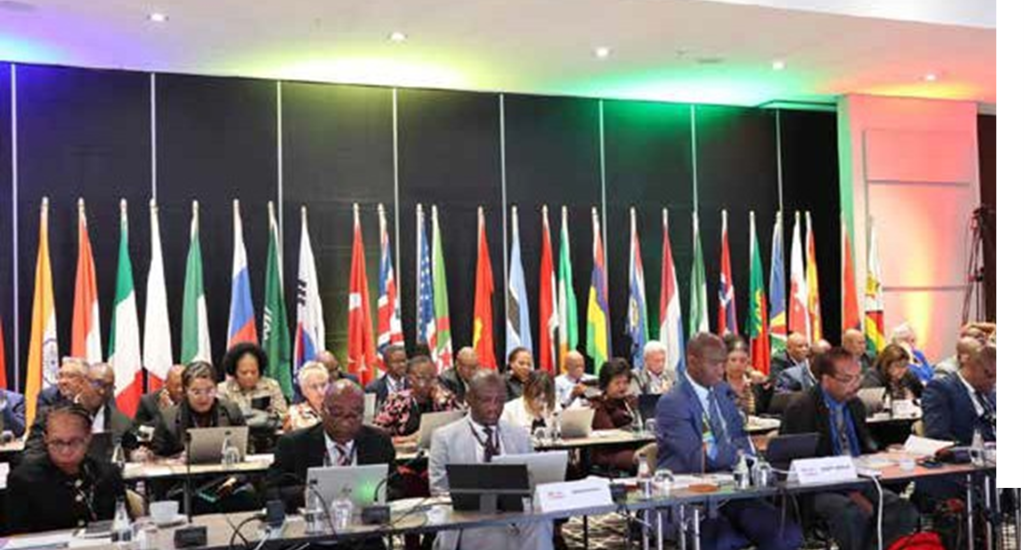Education professionals for a changing world: A global narrative from the third G20 Education Working Group Meeting

The coastal town of Zimbali, in KwaZulu-Natal became a locus of global reflection as education leaders, policymakers, and academics convened for the Third G20 Education Working Group (EdWG) Meeting. Hosted under South Africa’s G20 Presidency, the meeting centered on a unifying theme, “Education Professionals for a Changing World”. Against a backdrop of geopolitical shifts, technological transformation, and widening inequities, this gathering underscored a profound truth: educators are not only the backbone of learning systems – they are catalysts for social renewal.
Teachers as system shapers
Throughout the meeting, the centrality of teachers was reaffirmed with clarity and conviction. Their influence transcends instruction; they cultivate resilience, mediate anxiety and ignite curiosity in the classroom. Yet across the globe, persistent challenges weaken their capacity to thrive. Attrition in remote areas, aging demographics and eroding public esteem have converged to create a crisis in the profession. Delegates expressed concern over burnout, inequitable continuing professional development (CPD) access and administrative overload. These issues, exacerbated by digital disruption and economic pressures, call for urgent systemic reinvestment.
At the heart of every thriving education system is a teacher who is respected, well-trained, and motivated. The message was clear: investing in teachers is more than educational policy – it is a moral and developmental imperative.
Interconnected pathways to reform
Discussions naturally gravitated toward three interwoven pillars that must inform systemic change:
- Cultivating a capable and professional teaching workforce.
- Reimagining continuous development through lifelong learning ecosystems.
- Aligning teaching competencies with evolving curricula and learning environments.
These pillars are interconnected, each reinforcing the others. Without strong, skilled educators, new curricula remain ineffective; without ongoing support, even the most talented teachers face stagnation. Delegates shared a litany of challenges – lack of succession planning, marginalisation of substitute educators, outdated data systems and mounting psychological stress – all of which highlighted the need for resilient, adaptive planning and more inclusive professional development.
Innovative models and promising practices
Hope emerged through shared innovations that are reshaping the profession. Countries like India and China showcased scalable digital CPD models reaching millions. The United Kingdom’s teacher census demonstrated how data can personalise learning and support retention. Other nations highlighted hybrid career tracks, exchange programmes and mobility frameworks that foster regional collaboration and mutual recognition.
The projected global demand for 44 million teachers by 2030 underscores the scale of the challenge. Solutions lie not only in recruitment but in making teaching an aspirational career – with competitive salaries, clear progression routes and compelling public narratives that honor teachers' contributions to society.
Teaching beyond the classroom: life-wide and lifelong learning
As delegates explored the changing nature of teaching, a broader paradigm took shape: professional development must evolve beyond pedagogy and subject knowledge to include relational intelligence, emotional literacy and leadership capacities. Especially in Early Childhood Development (ECD), frameworks now emphasise care, empathy and community-building.
Inspired by the United Nations Educational, Scientific and Cultural Organization’s call for lifelong learning, the meeting embraced education as a system that extends into community centers, vocational hubs, libraries and workplaces. The inclusion of Technical and Vocational Education and Training and ECD professionals, and those who train teachers, reflects a growing awareness that the entire learning ecosystem must be capacitated.
Professional growth
Mentorship, coaching and peer-led learning were championed as low-cost, high-impact methods for professional growth. Schools can become vibrant hubs of inquiry and reflection, fostering cultures of collaboration and shared practice. Countries are now emphasising teacher-led models, blended training platforms, and flexible learning pathways tailored to individual career stages and local contexts.
Strategic planning and partnership for impact
Building a professional teaching workforce requires agile planning systems capable of responding to acute shortages and fragility. Emergency training programmes, substitute staff integration, and psychosocial support for new teachers were surfaced as vital strategies. But as several participants noted, policy alone is not enough. Transformative change demands collective action.
Delegates underscored the importance of partnerships – between government, unions, higher education institutions, civil society, private sector innovators and media platforms. Collaboration must extend into classrooms and communities, where parents and local leaders play crucial roles in affirming the dignity and prestige of teachers.
Monitoring, evaluation and real-time data collection were flagged as essential for continuous improvement. More granular insights into migration trends, teacher deployment, performance and certification are critical for informed policy and resource allocation.
Toward a global compact for teachers
As the curtains closed on the meeting, the sentiment was unmistakable: teachers are nation-builders. To invest in their capacity and wellbeing is to invest in the future itself. South Africa’s G20 Presidency, rooted in the values of Solidarity, Equality and Sustainability, provided a powerful platform for global collaboration.
This gathering laid the foundation for a new global compact for teachers – one that champions excellence, equity and collective responsibility. The work now continues in every country, classroom and policy chamber. By translating these insights into concrete country-level actions, we move closer to education systems that are not only fit for the future but inspired by humanity, dignity and hope.




